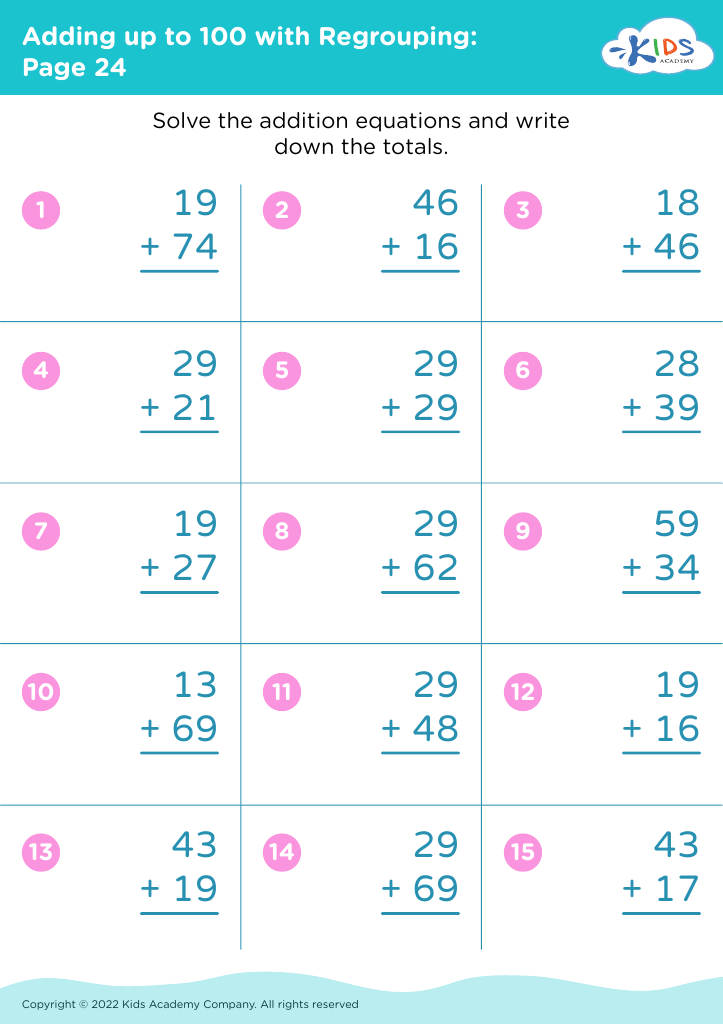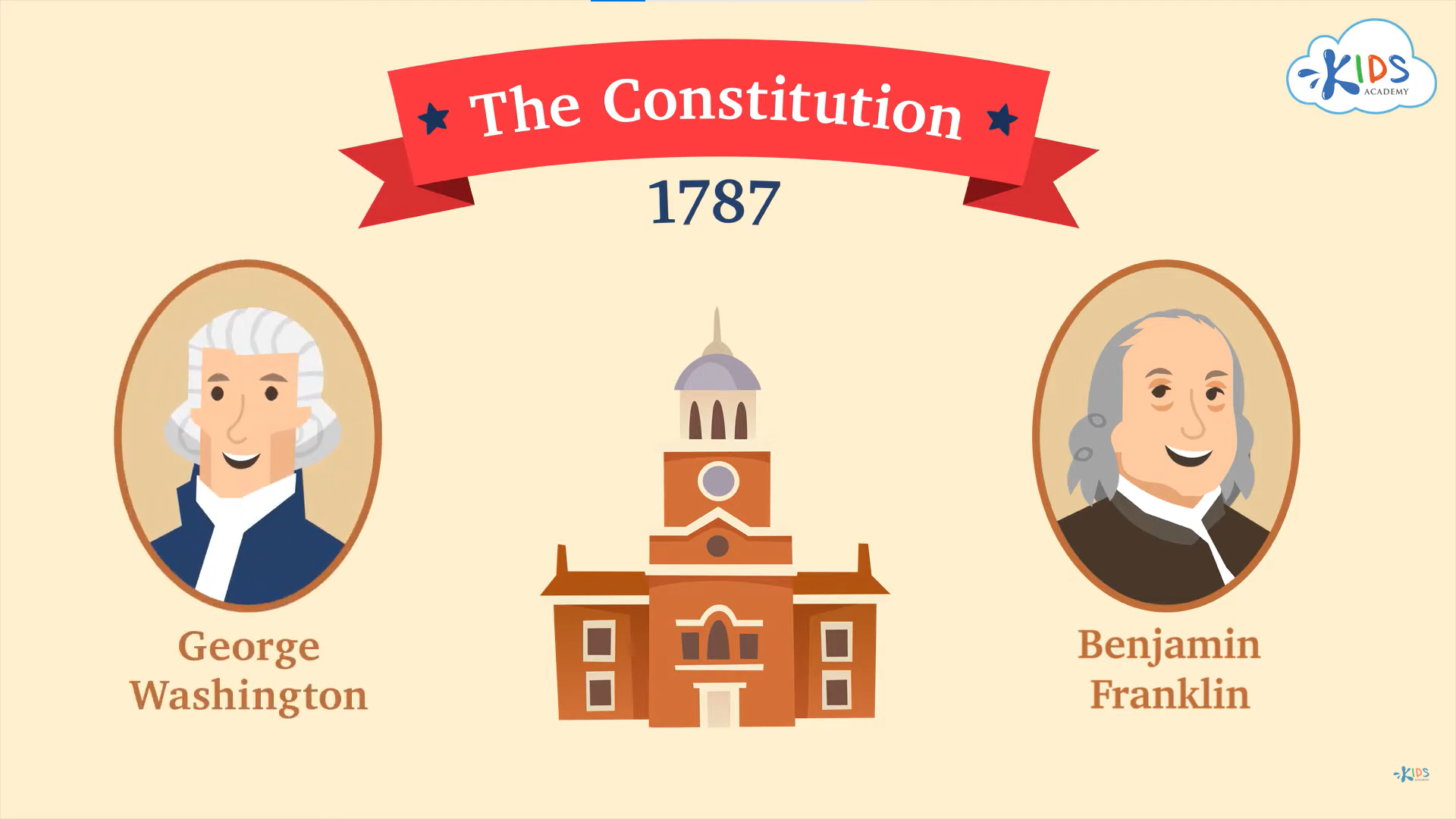Spatial awareness Worksheets for Ages 3-7
53 filtered results
-
From - To
Enhance your child’s spatial intelligence with our specially designed Spatial Awareness Worksheets for Ages 3-7. Our engaging activities help young learners understand shapes, positions, and directions through fun exercises. Perfect for preschoolers and early elementary students, these worksheets boost essential skills like hand-eye coordination, problem-solving, and cognitive development. Whether navigating mazes or identifying patterns, children will enjoy learning with colorful and interactive content presented by early education experts. Foster your child's spatial reasoning abilities, preparing them for future math and science learning while having a great time. Download and print today to start the adventure!
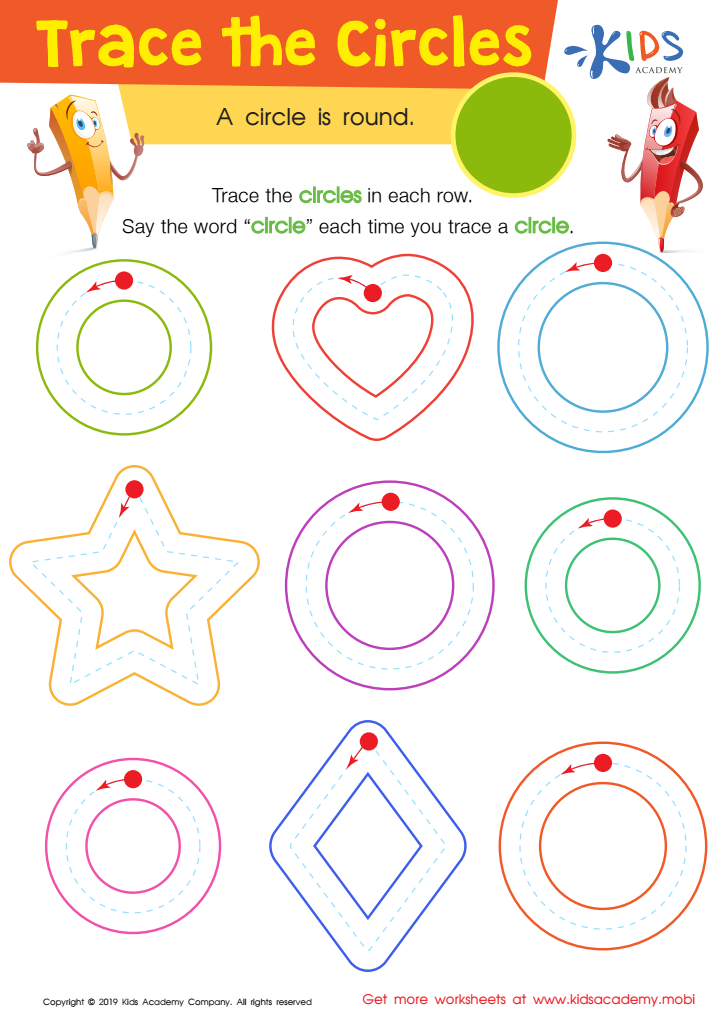

Trace The Circles Worksheet
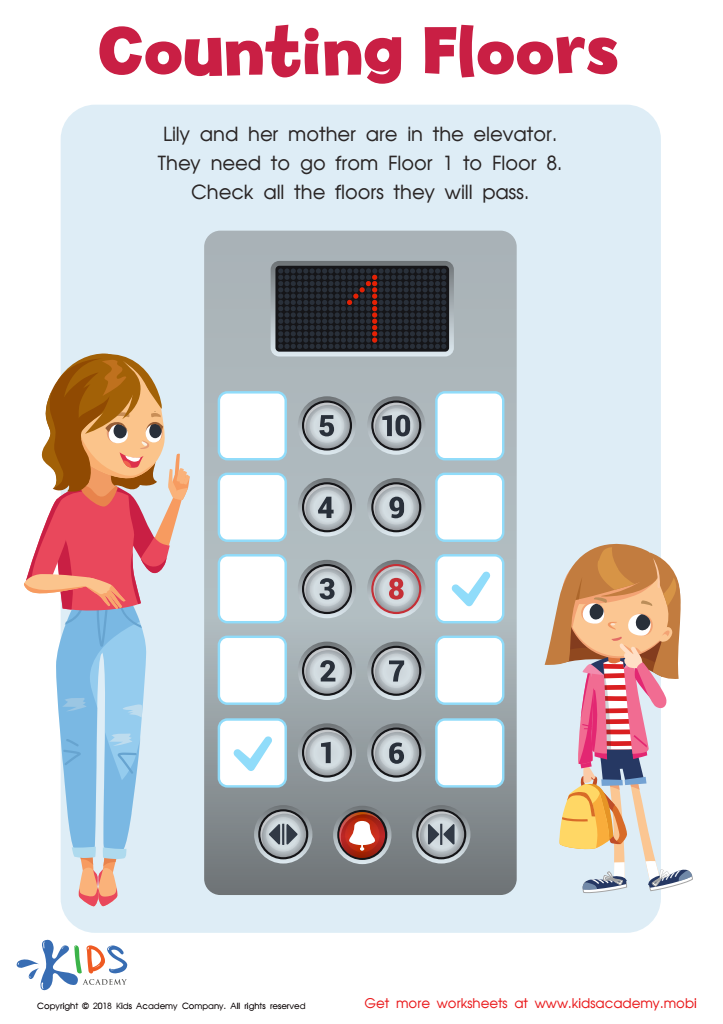

Counting Floors Worksheet
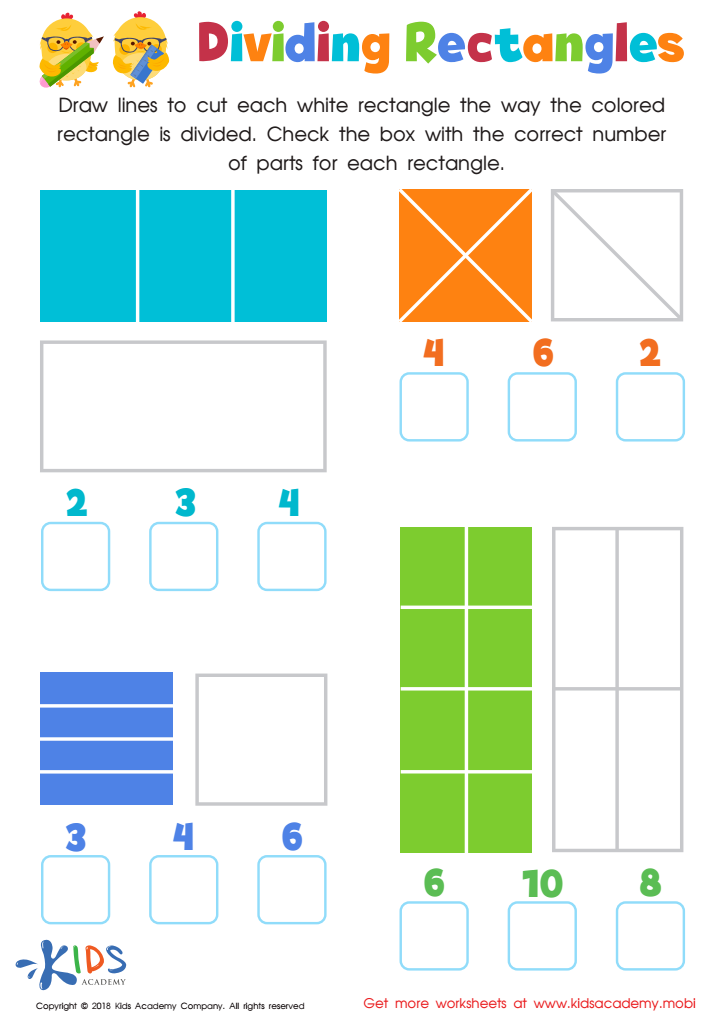

Dividing Rectangles Worksheet
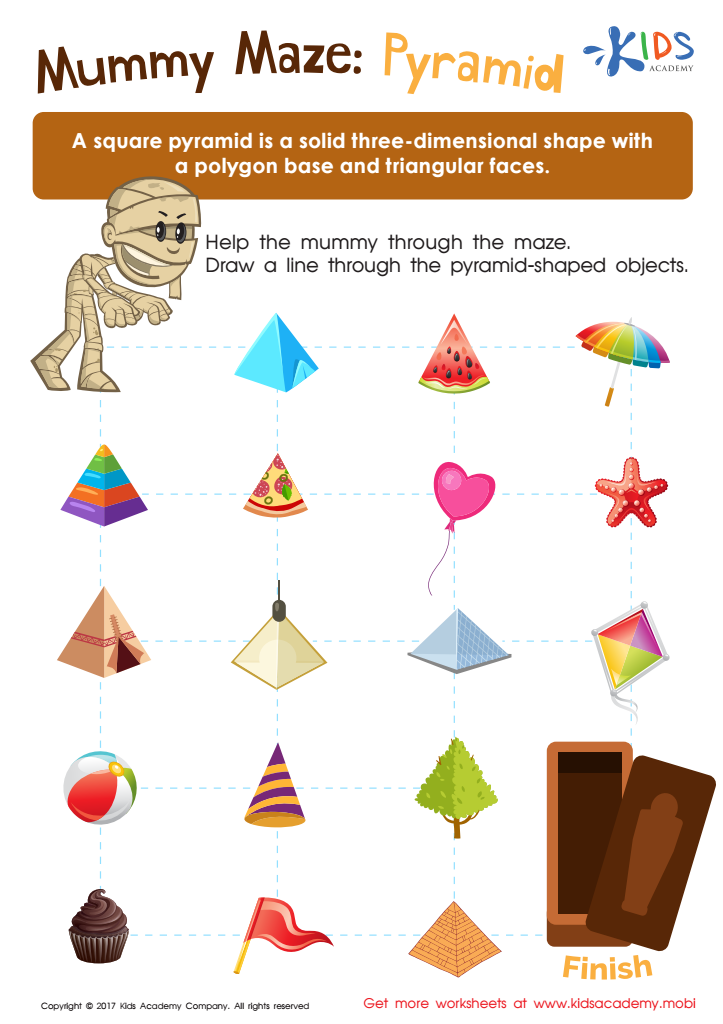

Mummy Maze: Pyramid Printable
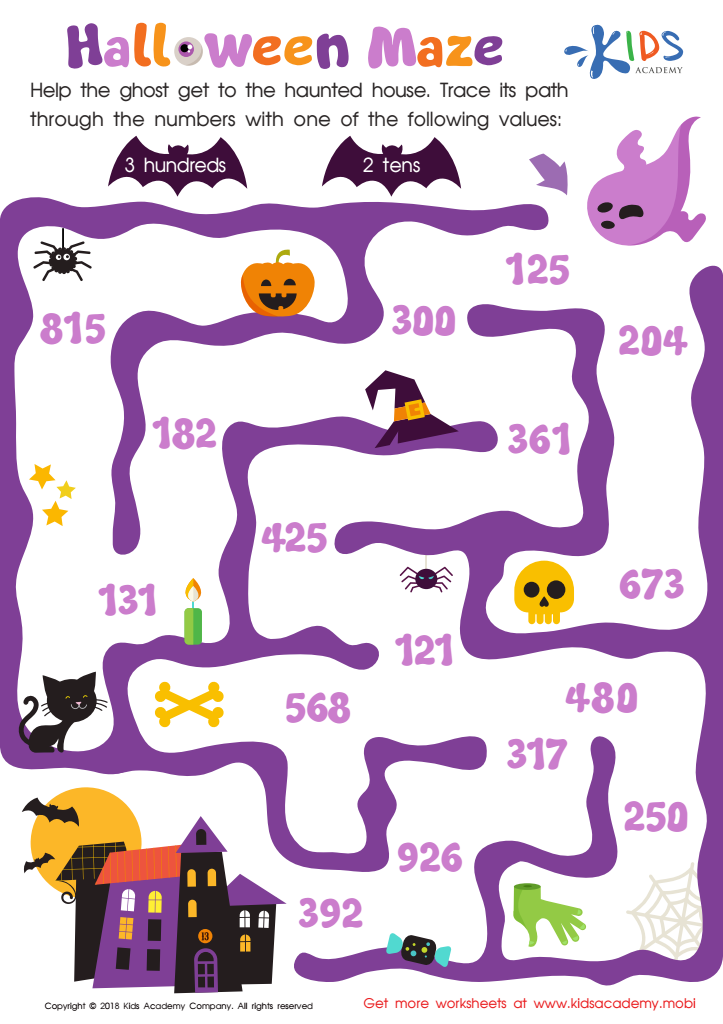

Place Value: Halloween Maze Worksheet
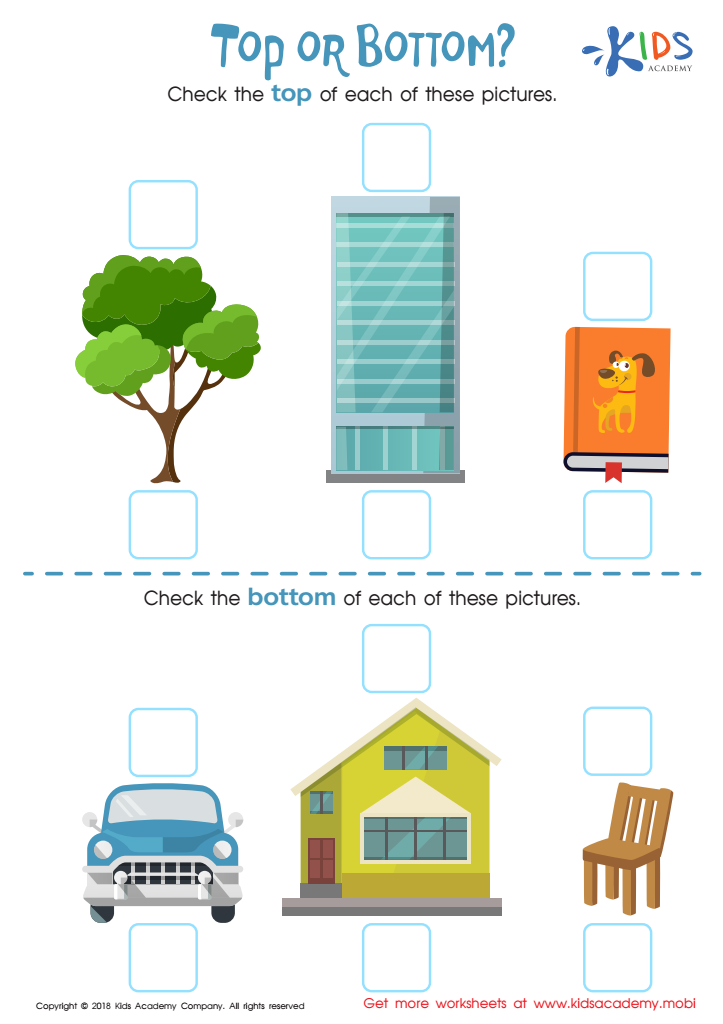

Top or Bottom Worksheet
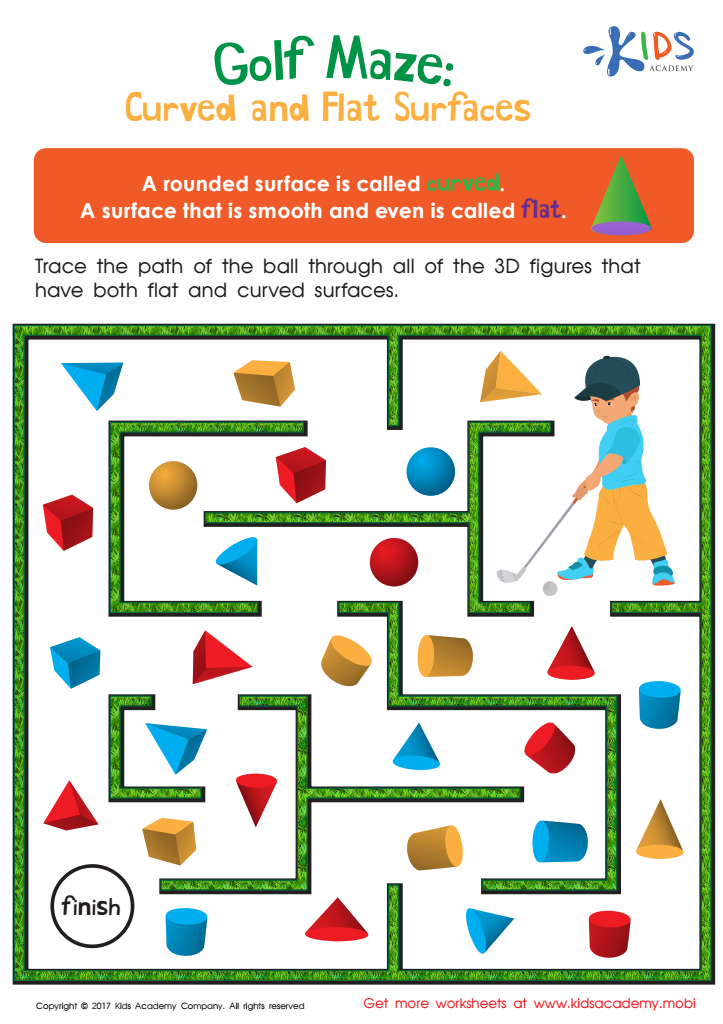

Golf Maze: Curved and Flat Surfaces Worksheet
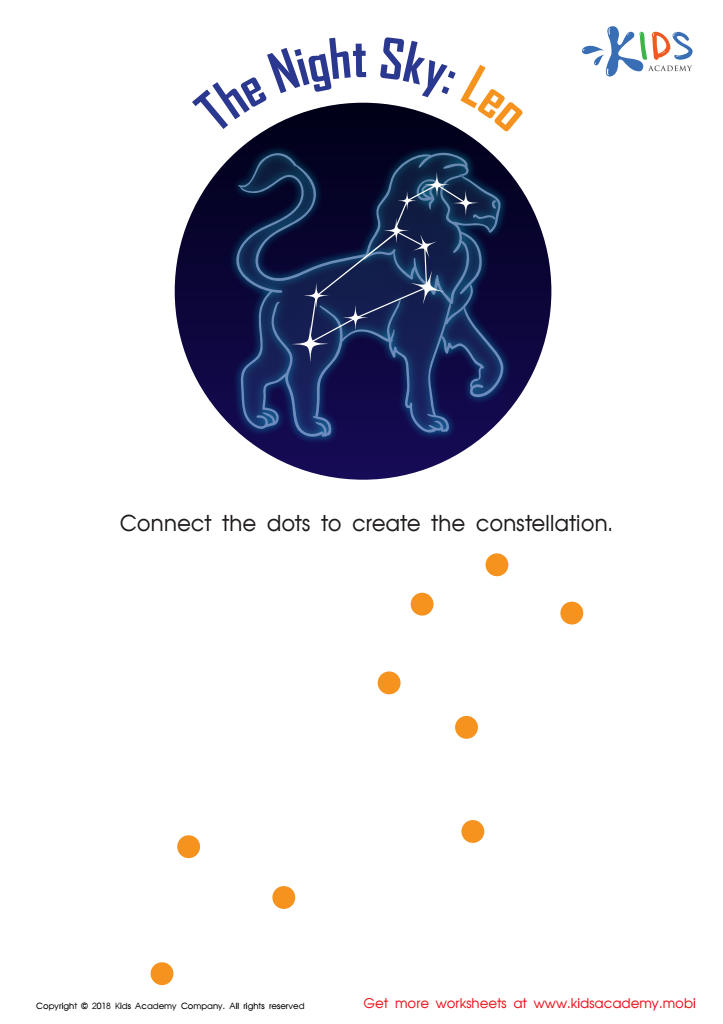

The Night Sky: Leo Worksheet
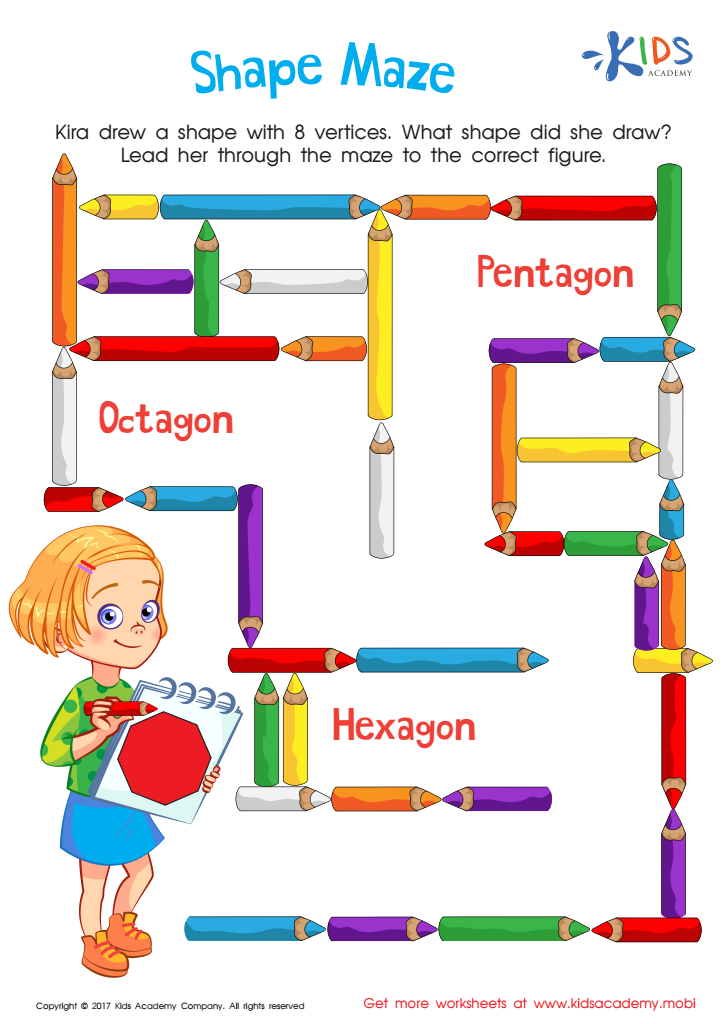

Shape Maze Worksheet
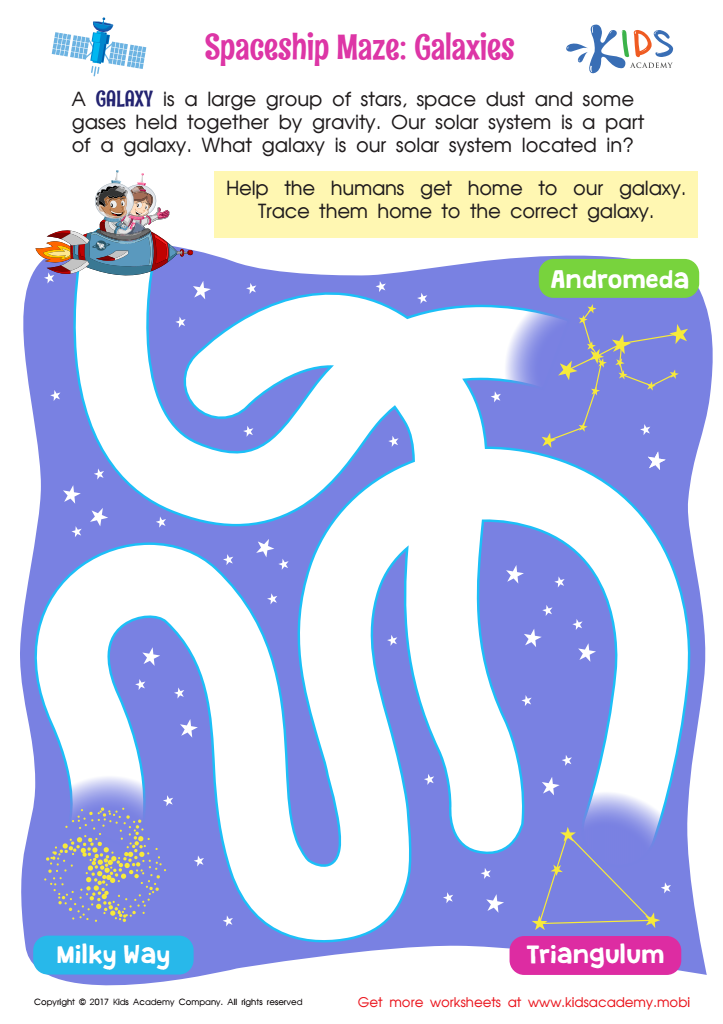

Spaceship Maze: Galaxies Worksheet
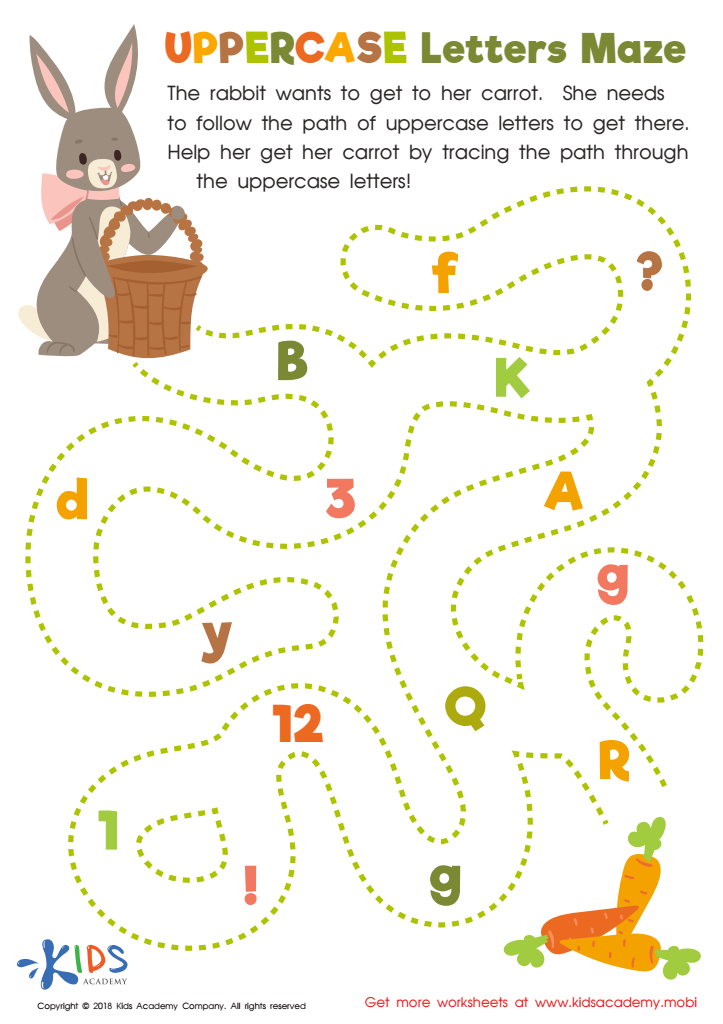

Uppercase Letters Maze Worksheet
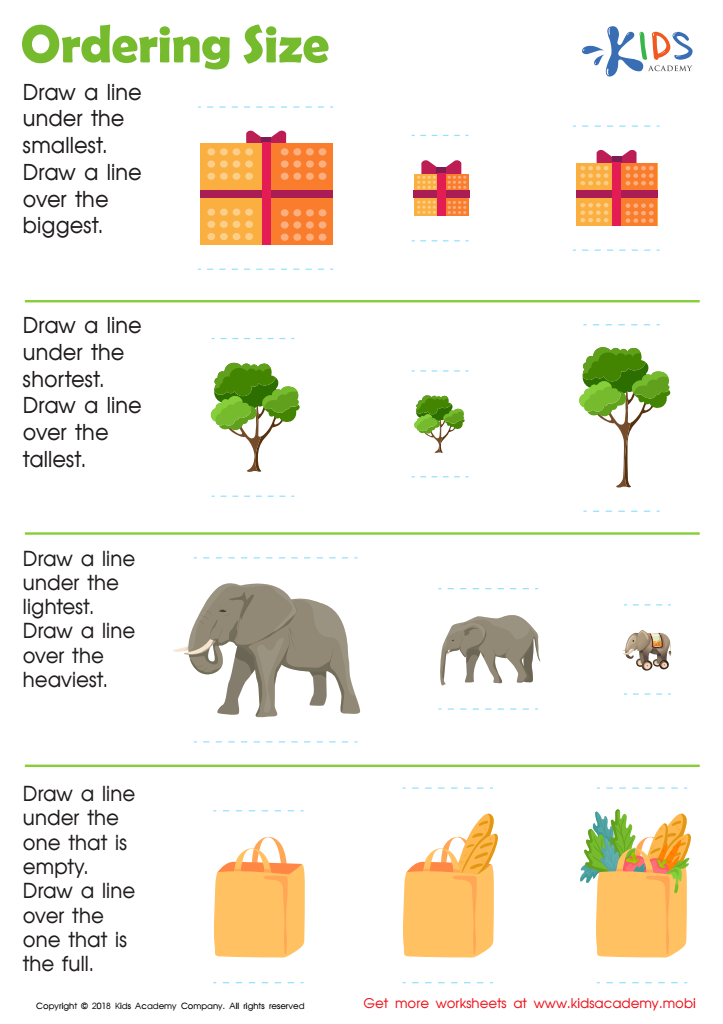

Ordering Size Worksheet
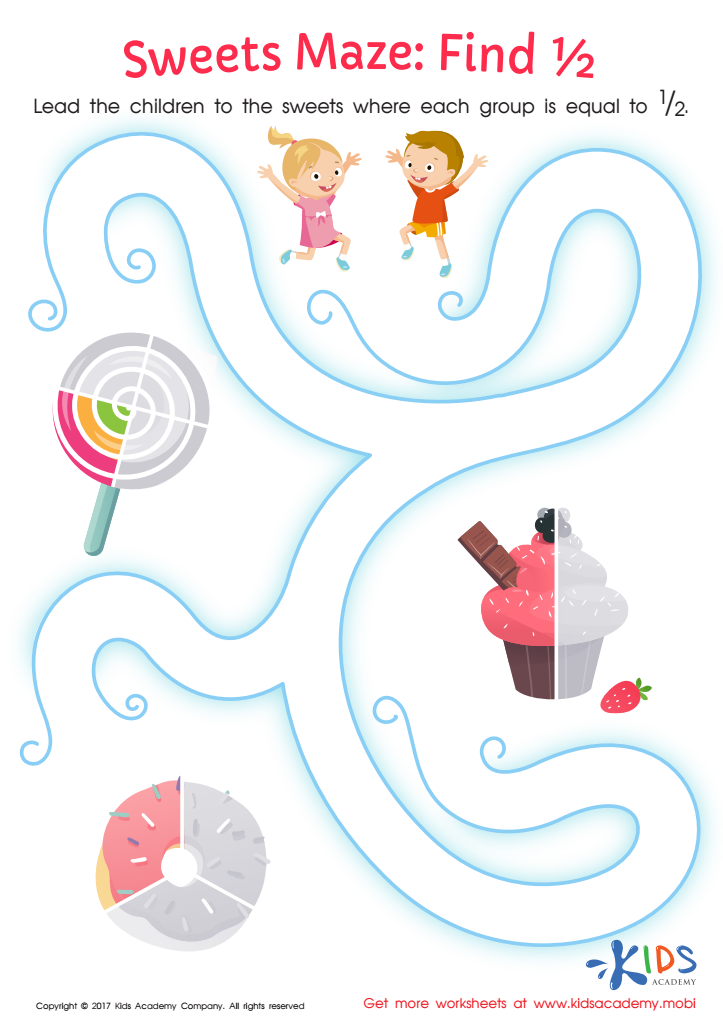

Fractions: Sweets Maze Worksheet
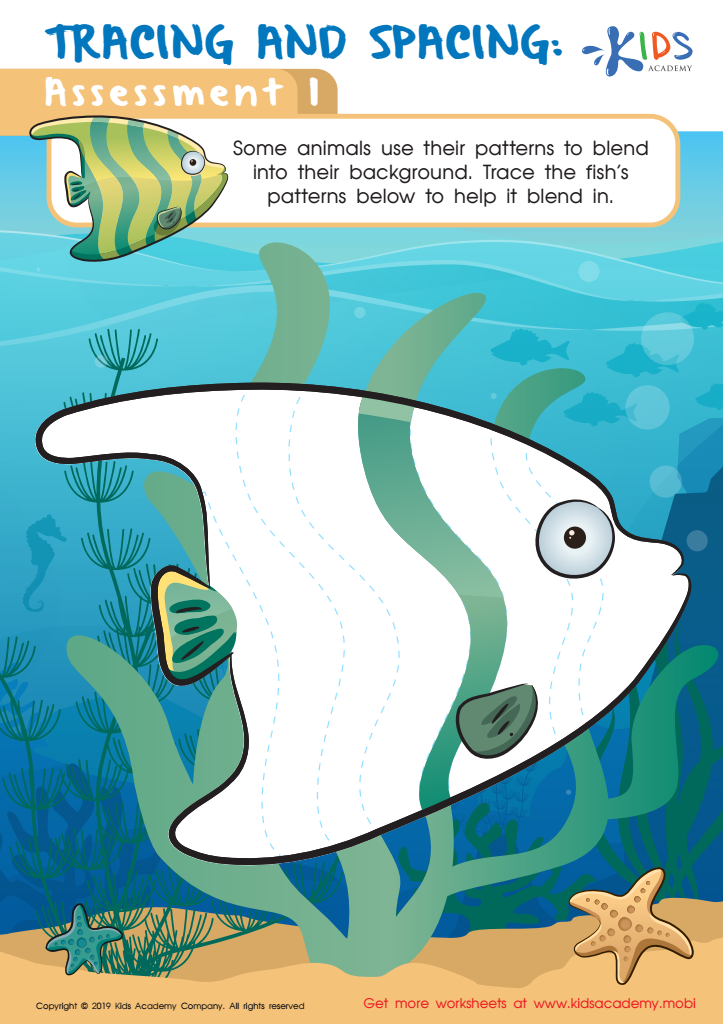

Tracing and Spacing: Assessment 1 Worksheet
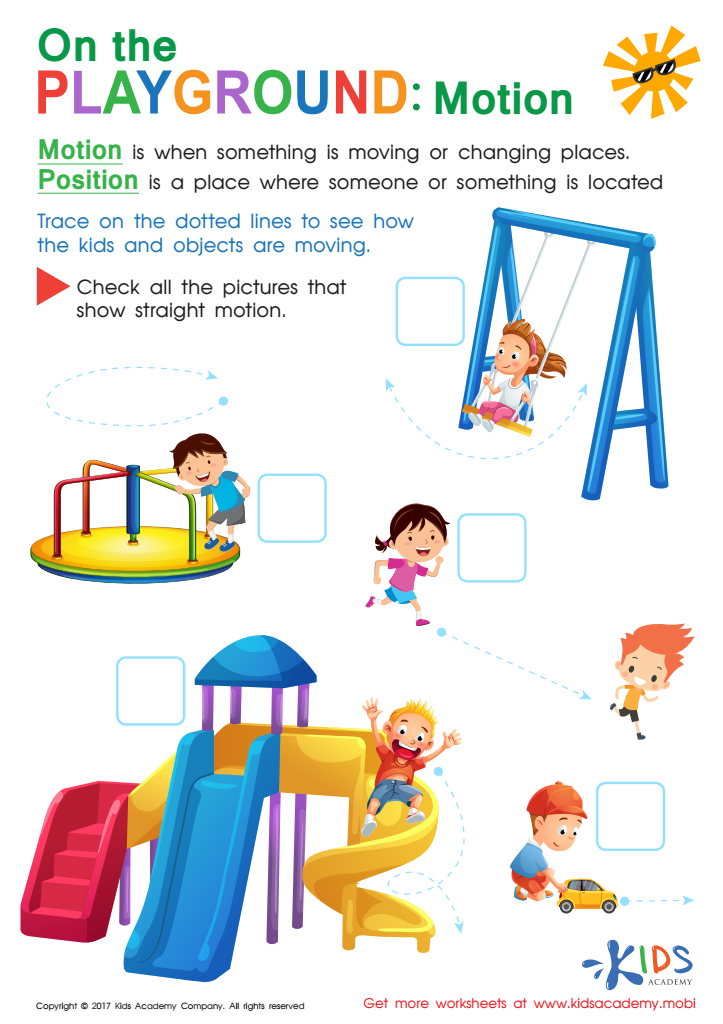

Position and Motion Worksheet
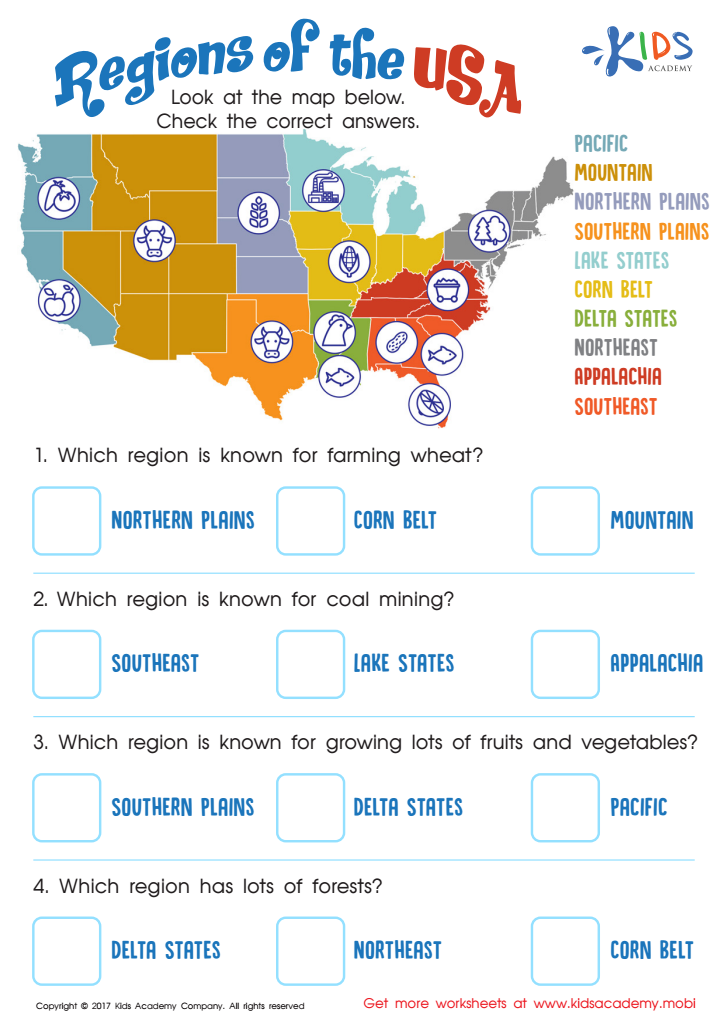

Regions of the USA Worksheet
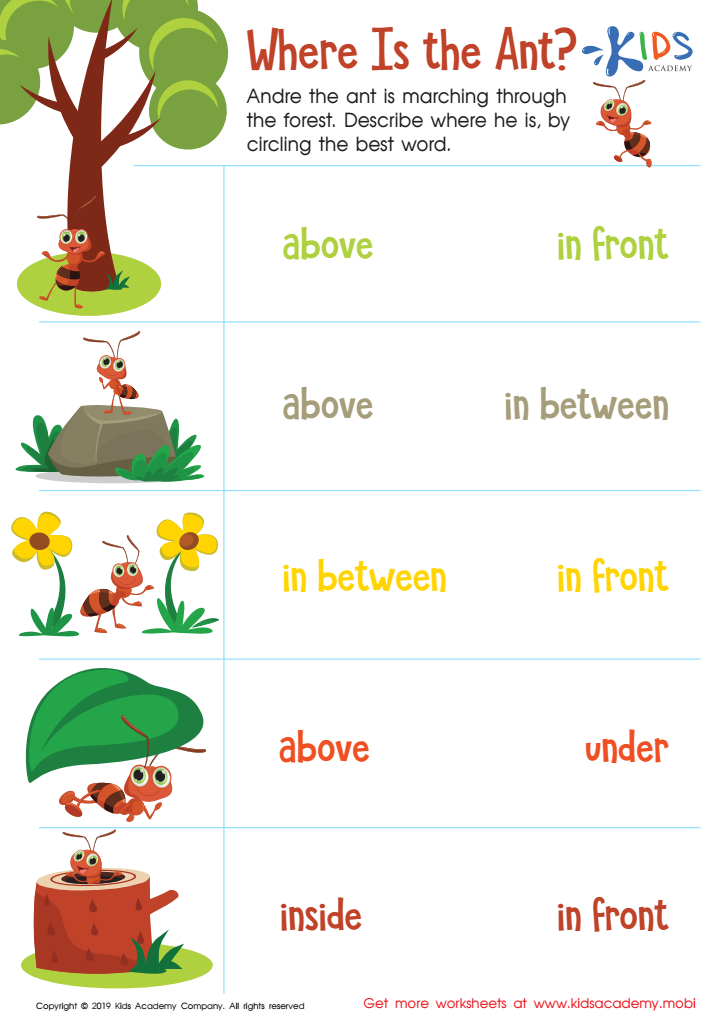

Where Is the Ant? Worksheet
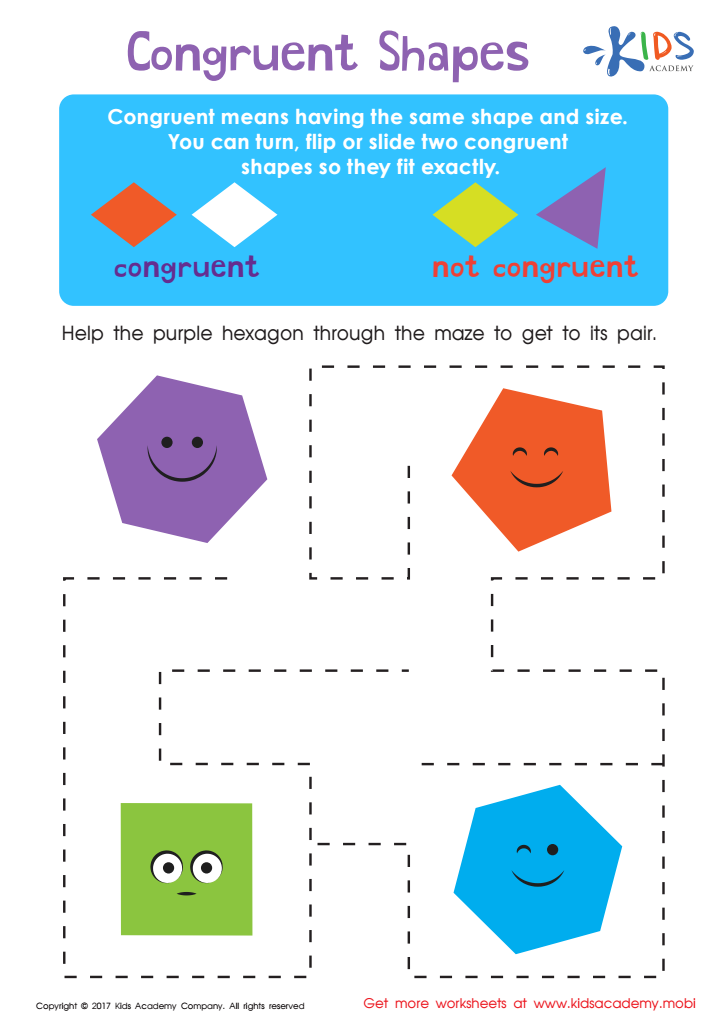

Congruent Shapes Worksheet
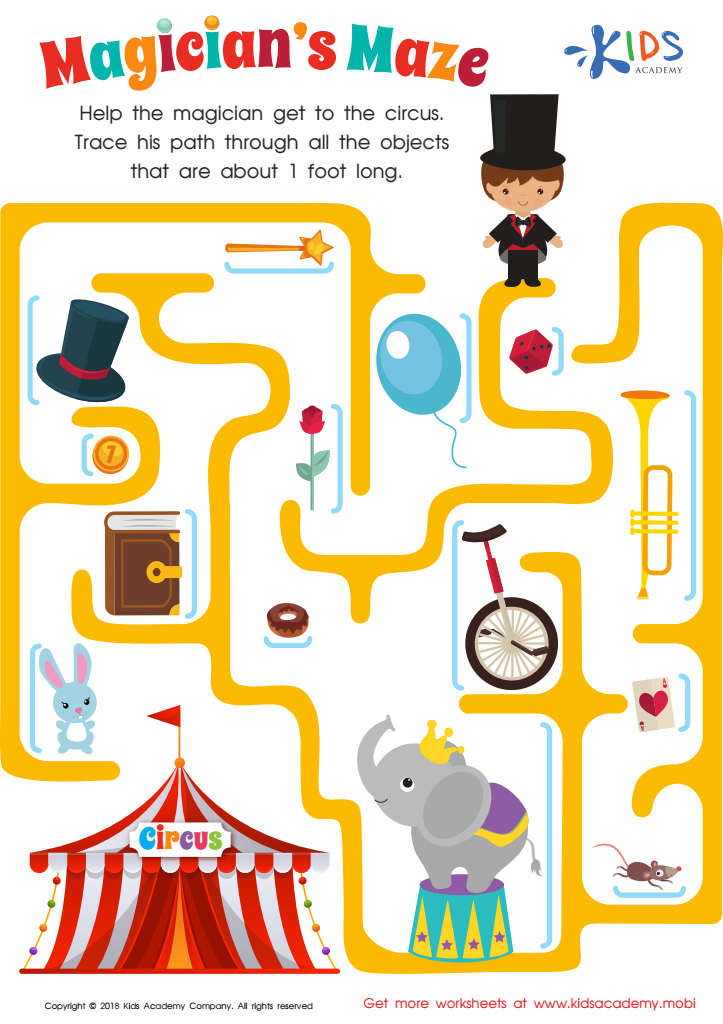

Estimating Length: Magician's Maze Worksheet
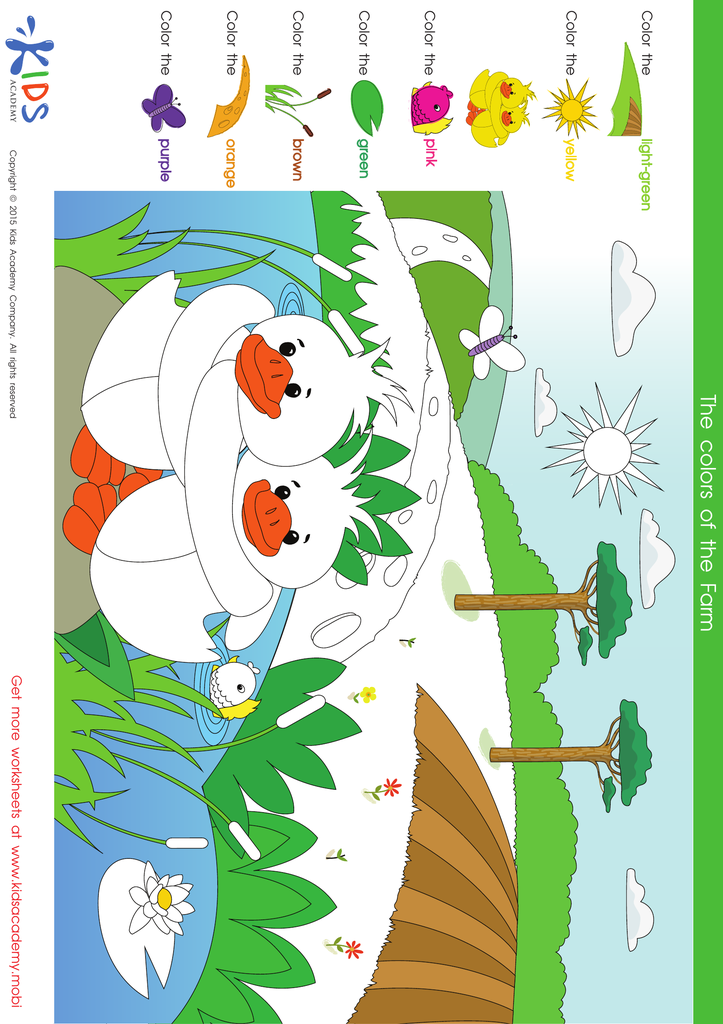

Color the Ducklings near the Pond Coloring Pages
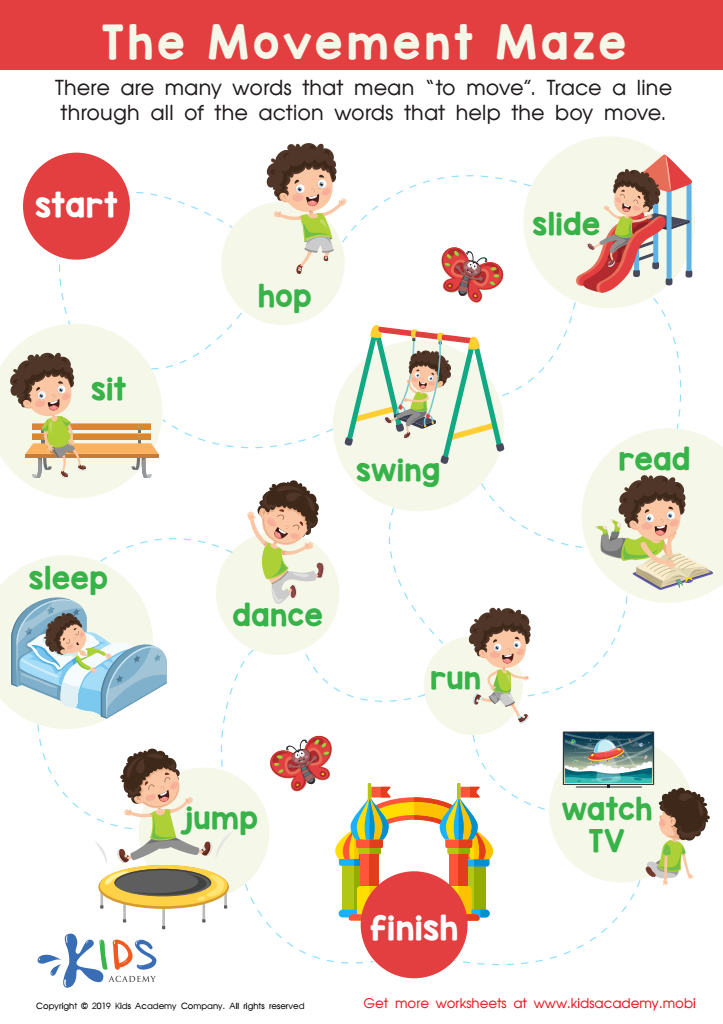

The Movement Maze Worksheet
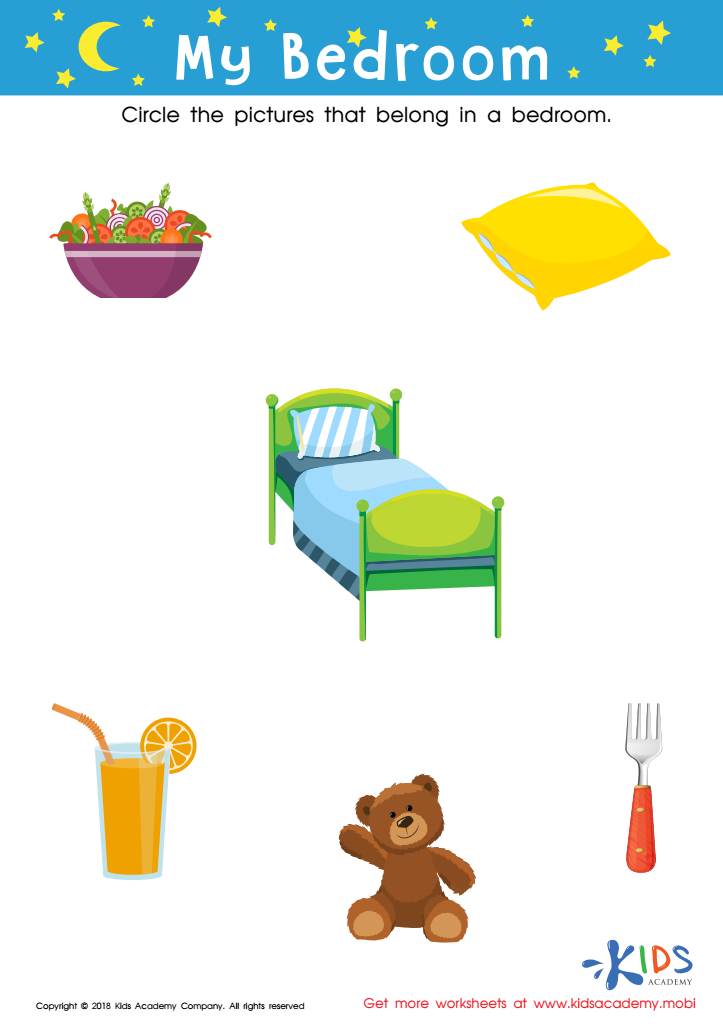

My Bedroom Worksheet
Spatial awareness is a critical aspect of child development that parents and teachers should carefully nurture in children aged 3-7. This concept involves understanding the relationship between objects and one’s own body in space, which is foundational for many daily activities and learning processes.
Firstly, spatial awareness enhances physical coordination. Young children use spatial skills in gross motor activities like running, jumping, and climbing, as well as fine motor tasks such as writing, cutting, or building with blocks. Improved spatial skills can therefore lead to more confident and competent physical participation.
Secondly, spatial awareness is crucial for cognitive development. It underpins core areas of learning including mathematics, where concepts like shapes, sizes, and problem-solving are prevalent. For instance, understanding how puzzle pieces fit together or recognizing patterns in a sequence helps to build early mathematical skills and logical thinking.
Additionally, spatial awareness supports social development. Activities that involve sharing space with others—lining up, passing objects, or participating in group games—require children to gauge distances and understand others' spatial needs, promoting empathy and cooperation.
Encouraging spatial awareness through activities such as puzzles, drawing, and interactive play not only makes learning engaging but also builds a strong foundation for holistic development across physical, cognitive, and social domains. Thus, fostering spatial awareness in young children equips them with essential life skills and supports overall development.
 Assign to My Students
Assign to My Students

